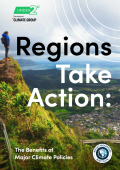
This handbook shows how regional governments are reaping the immediate benefits of decisive climate action while also safeguarding the future. For these governments, a collection of key actions is driving significant impacts on the economy, equity, public health, air quality, and resilience. The handbook details five transformative actions regional governments can take to limit the effects of climate change while supporting a broad range of other societal benefits.
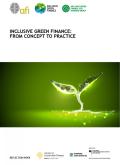
This study calls for a holistic approach that combines green finance and financial inclusion policies in an integrated inclusive green finance (IGF) approach. It provides a conceptual framework of how financial inclusion can enable and support climate change adaptation and mitigation in principle. It also approaches inclusive green finance from a policymaker's perspective.
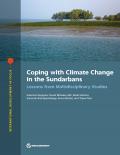
This report synthesises multiyear, multidisciplinary climate change studies on the Sundarbans—the world’s largest remaining contiguous mangrove forest and wetland of international importance, as well as home to some of South Asia’s poorest and most vulnerable communities. The studies’ findings indicate that, in a changing climate, sea-level rise, storm-surge intensification, and water salinization will alter the Sundarbans ecosystem significantly.
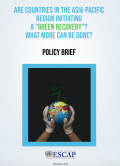
This policy brief discusses COVID-19's impact on Asian and Pacific economies, their responses to and financing allocated for COVID-19 and climate change, and specific actions being taken related to energy, transport, tourism, land use, water, waste, and disaster risk management.
Come Together - Raising climate ambition in the first NDC update cycle amidst a global health crisis
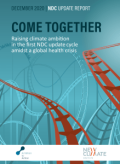
The 2020 NDC Update report discusses countries’ preparedness to ratchet up ambition in the first NDC update cycle amidst a global health crisis. It discusses the progress of NDC implementation since 2015, expectations for the NDC update cycle, progress on the development of LTSs, and the potential impact of COVID-19 on climate planning.
